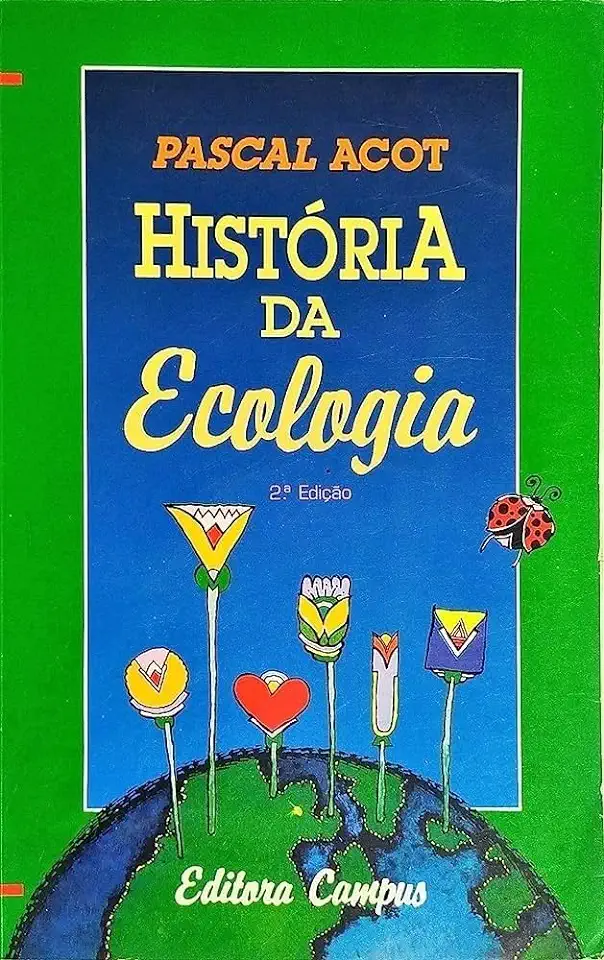
History of Ecology - Pascal Acot
History of Ecology: A Comprehensive Overview
Introduction
Ecology is the study of the interactions between organisms and their environment. It is a vast and complex field that encompasses a wide range of topics, from the smallest microorganisms to the largest ecosystems. In his book, "History of Ecology," Pascal Acot provides a comprehensive overview of the development of ecology as a scientific discipline.
The Birth of Ecology
The origins of ecology can be traced back to the ancient Greeks, who made observations about the natural world and the relationships between different organisms. However, it was not until the 19th century that ecology began to emerge as a distinct field of study.
One of the key figures in the development of ecology was Alexander von Humboldt. Humboldt was a German naturalist who traveled extensively throughout the world, making observations about the distribution of plants and animals. His work helped to lay the foundation for the study of biogeography, which is the study of the distribution of organisms in space and time.
Another important figure in the development of ecology was Charles Darwin. Darwin's theory of evolution by natural selection provided a powerful explanation for the diversity of life on Earth. It also helped to shape the way ecologists think about the interactions between organisms and their environment.
The Rise of Ecology
In the 20th century, ecology became a rapidly growing field of study. This growth was due in part to the increasing awareness of environmental problems, such as pollution and climate change. Ecologists began to play a vital role in addressing these problems by providing scientific evidence and advice to policymakers.
Some of the most important developments in ecology in the 20th century include:
- The development of new methods for studying ecosystems, such as field experiments and computer modeling
- The discovery of new ecological principles, such as the concept of the food chain and the theory of island biogeography
- The application of ecology to the management of natural resources, such as forests and fisheries
Ecology Today
Today, ecology is a well-established scientific discipline that is essential for understanding the natural world. Ecologists are working to address a wide range of environmental challenges, including climate change, pollution, and biodiversity loss. Their work is helping to ensure a sustainable future for our planet.
Why You Should Read This Book
"History of Ecology" is a comprehensive and well-written overview of the development of ecology as a scientific discipline. It is a valuable resource for anyone interested in learning more about the natural world and the challenges facing our planet.
Here are a few reasons why you should read this book:
- It is a comprehensive overview of the development of ecology as a scientific discipline.
- It is well-written and easy to understand.
- It is a valuable resource for anyone interested in learning more about the natural world and the challenges facing our planet.
Conclusion
"History of Ecology" is a must-read for anyone interested in the natural world. It is a comprehensive and well-written overview of the development of ecology as a scientific discipline. It is a valuable resource for anyone interested in learning more about the natural world and the challenges facing our planet.